SUMMARY
This is AI generated summarization, which may have errors. For context, always refer to the full article.
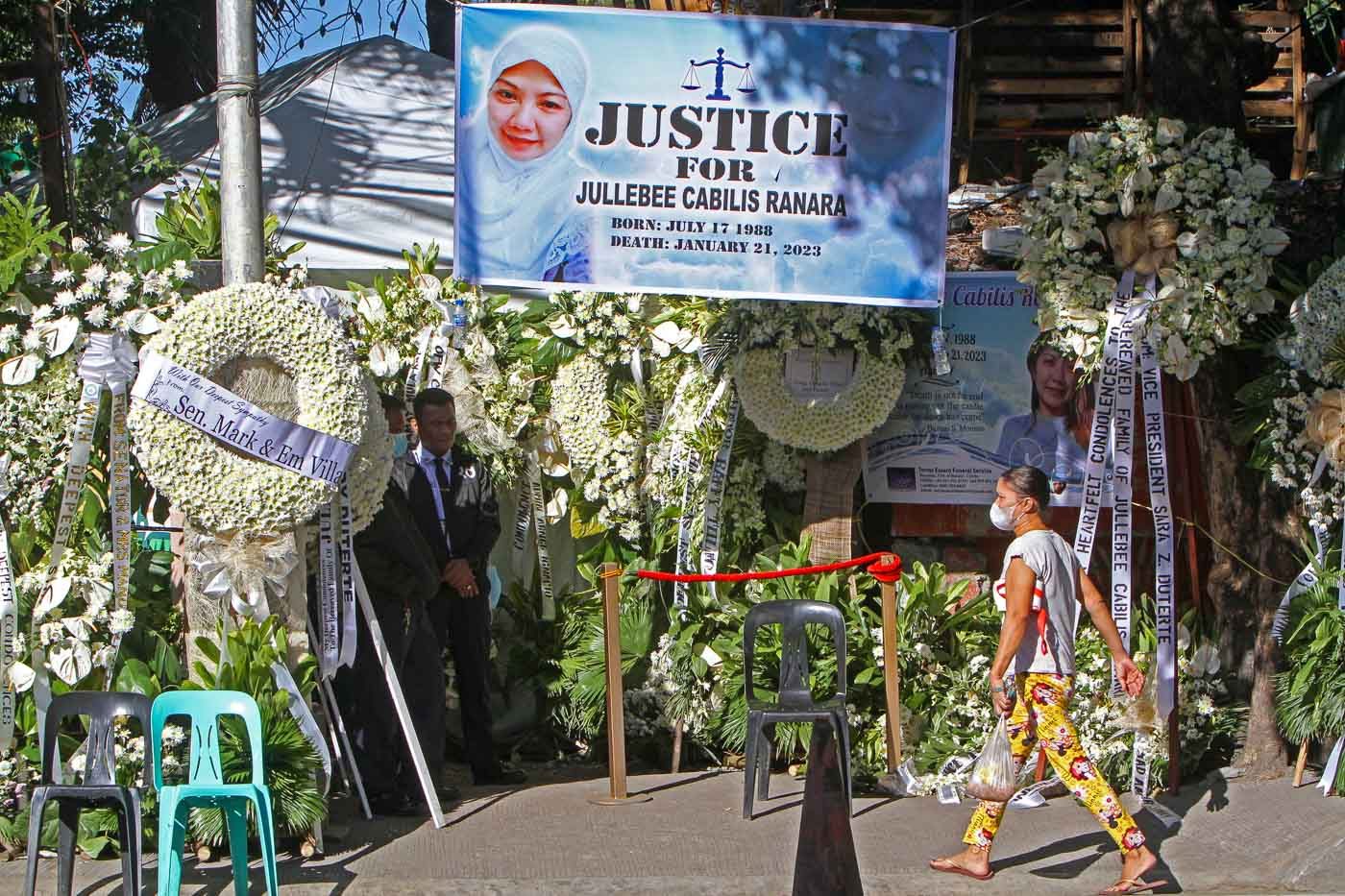
MANILA, Philippines – The 17-year-old who killed Kuwait-based overseas Filipino worker (OFW) Jullebee Ranara has been convicted of murder, the Department of Foreign Affairs (DFA) confirmed on Thursday, September 14.
“The Department of Foreign Affairs wishes to inform the public that according to the Philippine embassy in Kuwait, the Juvenile Court in Kuwait today convicted the killer… of OFW Jullebee Ranara,” the DFA said in a statement.
The 17-year-old was sentenced to 15 years in prison for murder. He also faces an additional year of imprisonment for driving without a license.
The boy was given lesser penalties because he was a minor, the DFA said. He has 30 days to appeal the judgment to the Kuwait Court of First Instance.
“The Philippine government acknowledges the efforts undertaken by the Kuwaiti authorities to effect a speedy resolution of the case, in the pursuit of justice for our slain kababayan (countryman),” the DFA said, adding that the Philippine embassy would send a final report with complete details.
In an interview with Radyo5 on Friday, September 15, Ranara’s father Romy Reyes said that he was saddened by the resolution.
“Ako ay nalulungkot sa nangyaring ganyan, na ang sentensiya, napakababa. Alam ‘nyo ho, napakasakit. ‘Di ko na kayang tanggapin,” said Reyes. “Ang inaano ko lang sana, mabigyan naman ng magandang hustisya ‘yung pagkamatay ng anak namin.“
(I was saddened by what happened, that the sentence was so light. It is so painful. I can’t accept it. I just want proper justice for the death of our child.)
Reyes said that the DFA told the family that an appeal was possible. “Taas-taasan pa [sana] ‘yung sentensiya niya na ‘yan, para tumapat naman doon sa pagkagawa niya sa anak namin.” (They should mete out a heavier sentence so that it would be at par with what he did to our daughter.)
Foreign Undersecretary for Migrant Workers Affairs Eduardo de Vega clarified to Rappler that while it was not possible to move for a heavier prison sentence, the Philippines will instead evaluate the financial award to be given, which will be known once the departments concerned have a copy of the decision.
“There is no such motion [for a heavier prison sentence] since that is the maximum penalty that can be given under Kuwaiti law to a minor,” he said.
“We are checking instead on the financial damages that should be granted by the court,” he added.
De Vega said that the Department of Migrant Workers will handle the case from now on.
Ranara left behind four children. They were each given scholarships by the Philippine government, Reyes confirmed.
Reports of Ranara’s death came out around end-January, with chilling details that her remains were found burnt and abandoned in a Kuwaiti desert. The 17-year-old son of her employer was immediately tagged as the suspect and was arrested early on.
Her remains were brought back to the Philippines, where she was laid to rest on February 5.
Shortly after her death, President Ferdinand Marcos Jr. said that the Philippines had scheduled bilateral talks with Kuwait to reassess the countries’ bilateral labor agreement, which is meant to protect the welfare of Filipinos in the Gulf state.
By February 8, the Philippines halted the processing of applications of first-time domestic workers bound for Kuwait. Some months later, Kuwait suspended the issuance of all new entry visas for Filipinos, but the Philippines stood its ground that it would not lift its partial ban until there was justice for Ranara.
In an interview with Radyo 630 on Friday, De Vega said that the judgment on Ranara’s case opened doors to revisit the bans between the countries.
“Hindi ibig sabihin po na porket nahatulan na at nabigyan ng hustisya ‘yung Ranara family, automatic ili-lift natin ‘yung suspension. Pero ang ibig sabihin para sa ‘tin, it seems to open the door na we’ll negotiate, we’ll sit down and talk,” he said.
(Just because the Ranara family was given justice, it does not mean that we will automatically lift the suspension.For us, this means that it seems to open the door that we’ll negotiate, [and] we’ll sit down and talk.)
Ranara’s case comes from a larger situation of many Filipino domestic workers experiencing bad working conditions under their Kuwaiti employers. De Vega mentioned that among the reasons OFWs choose to leave their employers are being overworked and receiving their salaries late.
De Vega also said that during the bilateral talks months ago, the Kuwaiti government wanted the Philippines to apologize for “violating” its regulations in its efforts to protect runaway domestic workers, such as by providing shelters. He said Kuwait saw this as the Philippine government “encouraging” domestic workers to run away.
“Maninindigan tayo. Hindi puwedeng isara [ang mga shelter],” he said. (We will stand our ground. We will not close the shelters.)
De Vega acknowledged that the Kuwaiti government showed its “sincerity” in addressing the human rights issues among Filipinos by resolving the Ranara case quickly, even if the accused was one of its own nationals. Issuances of exit permits to Filipinos in shelters have also been faster recently, he said.
Ranara’s death is one of the most high-profile deaths of OFWs in recent years, and is part of a string of cases of domestic workers who were killed at the hands of their employers in Kuwait. – Rappler.com
Add a comment
How does this make you feel?
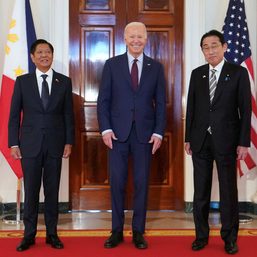
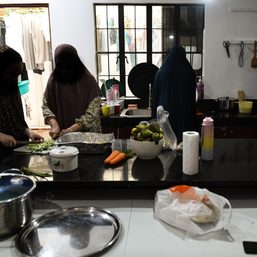





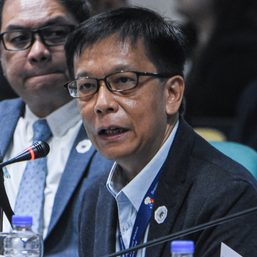
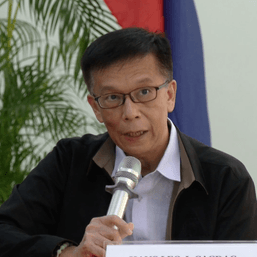

There are no comments yet. Add your comment to start the conversation.